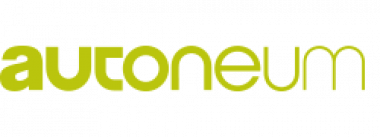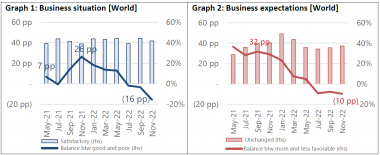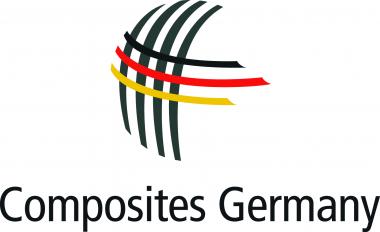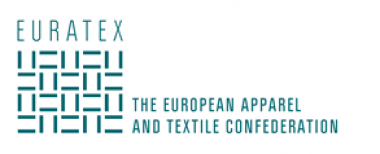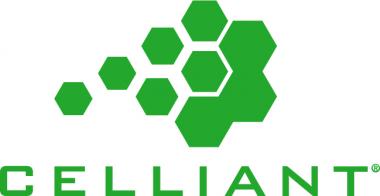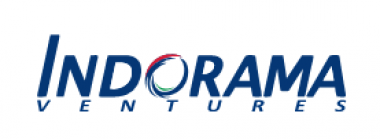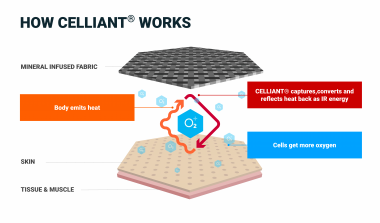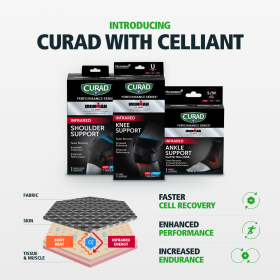BTMA welcomes digital dyeing and finishing company Alchemie
Alchemie Technology is the latest company to join the British Textile Machinery Association (BTMA), as all of the organisation’s members gear up to showcase an array of new innovations at ITMA 2023 in Milan from June 8-14 this year.
Cambridge-headquartered Alchemie is the inventor of two technologies – EndeavourTM and NovaraTM.
The Endeavour digital dyeing system produces no wastewater and reduces water consumption by up to 95% compared to traditional dyeing. The virtually waterless process delivers dyed fabric with high colour consistency and colour fastness and does not require post dyeing washing steps which leads to an energy reduction up to 85%. It can deliver any colour shade required and enables on-demand digital colour changeovers in any run length, from a few metres to several kilometres.
Similar energy savings can be achieved with the Novara precision finishing system which utilises a nozzle array to deliver finishing chemistry with millimetre resolution. Finishing chemistries penetrate deeply into the fabric due to the combination of high velocity liquid jetting and precisely-controlled vacuum and textile finishes are applied only where needed, reducing chemistry usage and enabling multi-functionality.
In the past year, Alchemie, backed by Swedish fashion giant H&M, has established a first demonstration hub at customer JSRTEX in Taiwan. It is now progressing plans to set up further centres at customer sites around the world.
BTMA / AWOL Media











